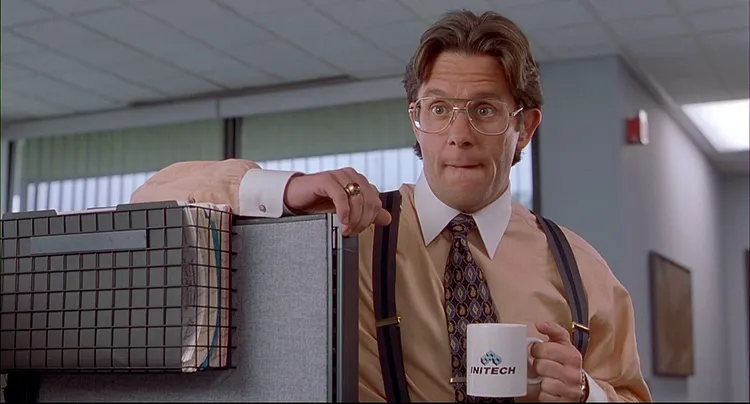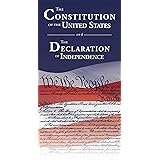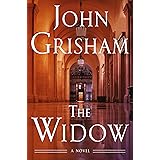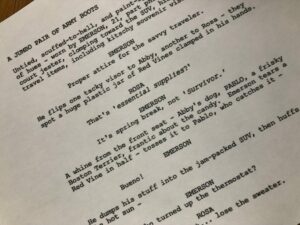Unveiling the Dark Humor That Turns “Office Space” Into a Cult Comedy Classic

And what it can teach us about writing characters.
I recently went to a movie night with some friends, and I was tickled to see they’d chosen Office Space, the Mike Judge cult classic comedy from 1999.
Office Space was probably the first comedy to totally nail office tech culture. I hadn’t re-watched it in over a decade, and I was curious how it would hold up. Movies that dissect a bygone decade can feel old, especially comedies.
But, happily, this was not the case. Not only did Office Space hold up, it was even funnier than I remembered. The script is tight and hilarious. There’s not a wasted scene or a wasted word. The pacing is perfect, and every scene feels like it propels the story forward and adds something essential and weird to the universe.
Most impressively, re-watching reminded me just how pitch-perfect the characters are. First-rate casting and acting take Office Space from a good comedy to a timeless classic. In a solid comedy, maybe you have one or two memorable, quotable characters. In Office Space, it’s around ten highly memorable, quotable characters — basically the entire ensemble cast.
I thought it would be interesting to look at Office Space from the angle of character writing: who are the characters; why do they work so well; and what we can learn about comedic character writing from Office Space?
Part of the answer is that Mike Judge had great instincts for which character actors would work here, and he nailed the casting. But I think it’s more than that. There’s something about the Office Space script, and the comedic universe it builds that’s quite interesting to me as a writer.
What is that?
Years ago, I took a comedy workshop from the actress and comedian Jill Bernard, and basically it was about finding comedy through conflict. And Bernard explained that conflict is not limited to people fighting each other. She outlined at least three kinds of conflicts:
- Man vs. Man: the obvious one. People with opposing interests or personalities tangle with each other.
- Man vs. Himself: Someone suffers from a fundamental delusion, fear, or character flaw, and…


















